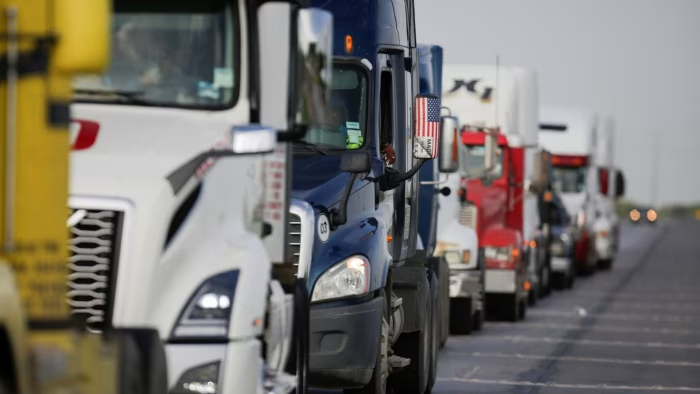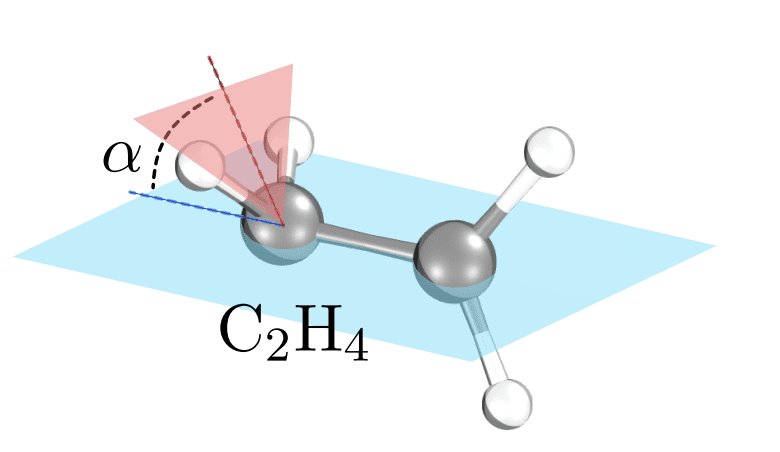Unlock the White House Watch newsletter for free
Your guide to what Trump’s second term means for Washington, business and the world
The US will offer tariff relief for trucks and parts imported from Mexico and Canada, softening the blow to American companies from the 25 per cent levies that are set to be imposed early next month.
Washington is preparing to impose new tariffs on medium and heavy-duty trucks imported to the US from November 1, as announced by US President Donald Trump this month on Truth Social.
But senior administration officials outlined a carve-out for trucks and their parts that comply with the terms of Trump’s 2020 United States-Mexico-Canada Agreement.
Those trucks will only face the duty on their non-US content, while parts will remain tariff-free until the commerce department produces a methodology to tariff the non-US content portion.
US officials also said they would extend a tariff relief scheme launched for cars made in the country earlier this year, meaning carmakers would have longer to claim relief, and trucks would also be eligible.
Since returning to the White House, Trump has unleashed sweeping tariffs on the automotive, steel, aluminium and copper sectors in a bid to boost domestic production.
Earlier this year, the government launched a rebate scheme allowing carmakers that assemble vehicles in the US to reclaim up to 3.75 per cent of the retail value of the car for the next year.
On Friday, the Trump administration said it would extend that rebate scheme to 2030, allowing car and truck manufacturers to claim the 3.75 per cent value for the next five years.
An official said the changes were aimed at “making it as cost competitive as possible to produce these vehicles in the US”.
Officials said they would develop a similar scheme for use by companies that are manufacturing engines in the US, and unveiled new tariffs of 10 per cent on buses.
Trump’s trade war has triggered anxiety across the North American auto supply chain and prompted US carmakers to furiously lobby against the imposition of new tariffs by Washington.
Big US carmakers — including GM, Ford and Stellantis — have spread their supply chains across the US, Canada and Mexico and ship parts back and forth across the borders multiple times in the manufacturing of a single vehicle.






